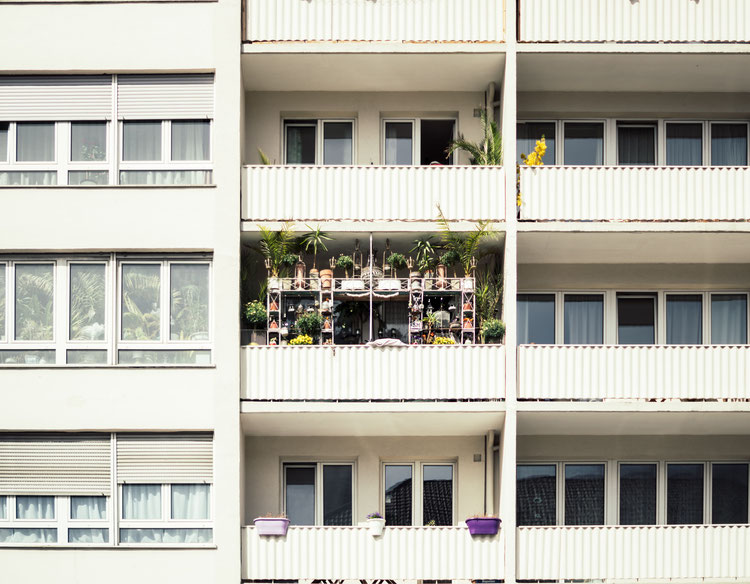Asset division in a divorce in Italy
Unless otherwise agreed between spouses, their marital property regime is subject to the law applicable to their relationship.
Italian law will therefore apply:
- if both the spouses are Italian;
- if their matrimonial life is prevailingly located in Italy, in case they have different citizenships [1].
The same Court seised to rule on an application for divorce, legal separation, or marriage annulment will be competent for matters concerning the matrimonial property regime [2].
According to the Italian Civil Code, separation and divorce lead to the dissolution of the matrimonial property regime.

Community of property statutory matrimonial regime
As for community of property (that is to say property acquired by one or both spouses, except for personal properties and property falling into the deferred community) in cases of dissolution of the marriage, the assets and liabilities will be divided equally.
Deferred community property consists of:
- the fruits of a spouse's personal property and the proceeds from his/individual activities and
- property intended for the operation of an enterprise of one of the spouses if the enterprise was set up after the marriage and also the increments of an enterprise set up before the marriage;
if still existing (in both cases) at the time of dissolution of the community.
The ordinary provisions on the common property will govern the remaining community property, and each party will be liable - to the same extent he/she was before - for existing debts arising from the community of property regime.
The Court can be petitioned in case the parties fail to find an agreement on the division of the community property, and may also constitute a usufruct in favor of either spouse on the property belonging to the other if deemed necessary in the interest of the children.
The same rules apply to the dissolution of a conventional community of property regime, except for eventual derogations stipulated by the parties.
Separation of property matrimonial regime
Separate property, subject to the ordinary provisions [3], indicates all property:
- acquired before the marriage or the adoption of the community of property regime, or after the marriage through inheritance or donation (unless it was specified that it was attributed to the community property);
- for the strictly personal use of a spouse, or needed by the latter for his/her profession;
- received as compensation for damages or as any pension related to a partial or total loss of the working ability;
- acquired with the price of the transfer or exchange of the property listed above, if explicitly specified.
Family home division

If spouses can not reach an agreement about family home division, they will have to petition the Court, whose ruling will be subject to the ordinary rules in matters of property division.
In proceeding of separation, divorce, and custody of children born out of wedlock, every decision related to the assignment of the family home shall take into account the best interest of the children, who should not be forced to leave their domestic environment, if it is not strictly necessary.
The family home (with its furnishings and services) is, therefore, assigned to the spouse with whom underage or not self-sufficient children (of both spouses) mainly live, even he/she is not the owner or co-owner of the house (or od an enjoyment right on it)
Said spouse has to pay the expenses for the use of the house unless otherwise agreed or ordered.
The assignee can lose the right to the enjoyment of the family home when:
- he/she contracts new marriage or cohabits with his/her new partner, or if he/she stops leaving in the house (in case there are children, a decision of the Court will be needed) or
- the children come of age or become self-sufficient.
[1] Art. 29 and 30 Law No. 218 of 31/05/1995
[2] Art. 5, European Regulation (EU) no. 1103/2016
[3] Art. 179, Civil code

